Replace your heater and air conditioner with a heat pump
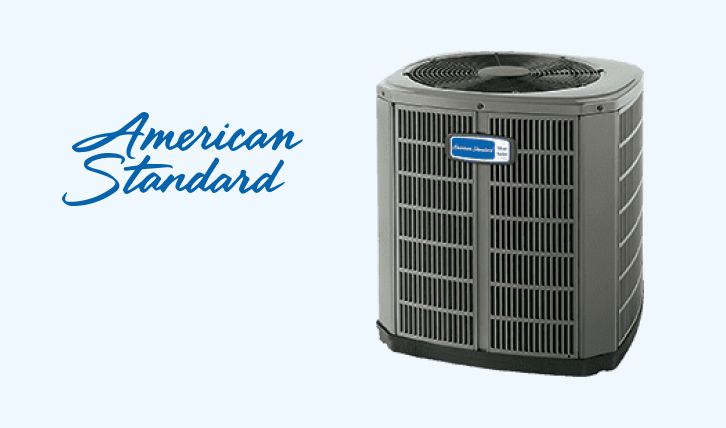
Heating & cooling is usually the highest source of energy in your home. Since ordinary heaters — aka your furnace or boiler — burn fossil fuels, it is incredibly important to electrify them in order to reduce reliance on fossil fuels and transition to a sustainable society.
Enter the heat pump, a clean, electrical alternative that can heat, cool, and control humidity for your home. When combined with a renewable energy source, it’s completely sustainable.
Heat pumps can be expensive, but since they are more efficient they will save you money in the long run.
How does a heat pump work?
A heat pump does not use as much energy as other units because it simply moves warm air around rather than producing heat.
While many electric heaters convert the electricity that powers them directly into heat, an electric heat pump doesn’t work in this way. Instead, it draws in heat from the air, or from the ground around your home, and uses that to warm your home. And it cools by pulling the warm air out of your home, rather than using energy to cool air from outside.
Top Pick
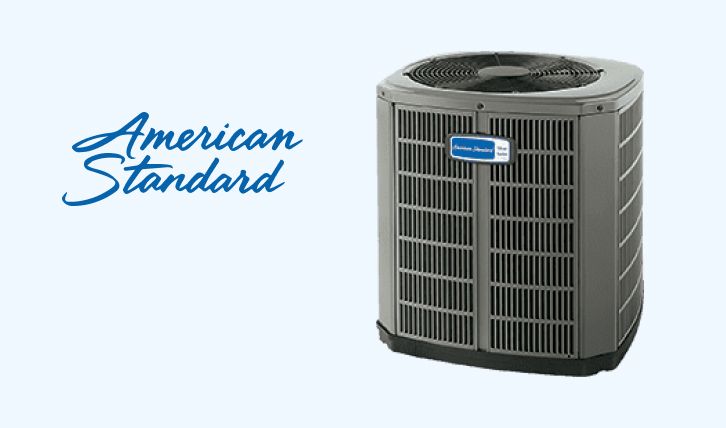
American Standard Silver 15 Heat Pump
This air-source heat pump is a solid option with great energy efficiency and low noise output.
American Standard & Trane shared highest ratings for reliability and owner satisfaction in a Consumer Reports survey to 12,400 heat pump owners.
This system is easily be paired with your gas furnace to create a hybrid system. That way you can reduce your reliance on natural gas while still being able to use the furnace as an auxiliary system once your heat pump reaches capacity.
Stats: Energy Star Qualified, 17 SEER, 9.6 HSPF (see our section on energy efficiency ratings)
American Standard's package includes a $300 rebate
Other picks
Bryant, Carrier followed close behind on reliability and owner satisfaction scores.
More about heat pumps
Types of heat pumps
Air source
- The most common type of heat pump. Appropriate for warm climates and viable for cool climates (temperates drop below 10°F) with an auxiliary heating system.
- Will reduce your heating costs by about 50 percent over electric furnaces and baseboard heaters.
- Average cost: $3,500-$7,500
Split-ductless
- These systems don't require ductwork, so they're best for a single-room, a small home, or if your home doesn't have ducts.
- If you have a larger home, installing a split-ductless through your whole home can be more expensive than air-source heat pumps.
- Average installation costs: $1,500-$5,000
Geothermal (GHP)
- Unlike air-source systems, ground-source heat pumps draw heat and cold from the ground. Unlike air temperatures which fluctuate drastically based on the season, ground temperatures remain relatively stable, between 50-60°F from summer through winter. Having a steady temperature to rely on through extreme weather makes GHPs a better option for very cold climates.
- The installation costs can be several times that of air-source systems but the system's lifespan is 25 years, compared to 10 years.
- Average installation cost: $13,000-$36,000
Making sense of the energy efficiency ratings
For air-source & ductless-split heat pumps:
- SEER: Seasonal Energy Efficiency Ratio (only applies to air-source & ductless-split) is about the cooling efficiency of the heat pump.
- HSPF: Heating Seasonal Performance Factor is the converse of SEER. Minimum HSPF rating is 7.7.
- Putting it all together: In warm climate, high SEER is important, but in cold climates, prioritize HSPF. Energy Star rated heat pumps start at 18 SEER and 12.5 HSPF.
For geothermal heat pumps:
- EER: Energy Efficiency Ratio for the cooling efficiency. For cold climates, 17.1 is the federal minimum.
- COP: Coefficient of Performance for heating efficiency. Shoot for anything above 4.1 in cold climates.
What to consider before buying:
When should you switch to a heat pump?
- If your furnace or boiler is more than 15 years old, you could consider replacing your heating system with a heat pump.
- Do you live in the right environment for a heat pump?
- Because a heat pump works by drawing in surrounding warm or cool air to regulate your home temperature, it works best when
- If you live in an extreme climate, consider a geothermal heat pump — though installation can be 4-5 times more expensive than traditional air-source systems
What heat pump size should you get?
- Hire an HVAC contractor to come do a consultation. The calculation for heat pump size will take into account your home's foundation, wall thickness, insulation values, air filtration, etc. Your contractor should use a chart that looks like this.
- As a rough estimate, for 500-600 square feet of conditioned floor area, install one ton of air conditioning capacity. An average sized American house would probably need a 3 ton heat pump.
Is your home insulated & efficient enough to guarantee high performance and savings?
- Doing a home energy audit could end up saving you hundreds by making your home more efficient & getting a smaller heat pump.
Do you qualify for any tax credits or rebates to help reduce the upfront cost?
- Use EnergyStar or to find out which tax credits apply for you — you could save up to $300 on a $1000 heat pump installation.
- Or visit the federally funded the Database of State Incentives for Renewables & Efficiency for a state-by-state list of available incentives.
Are your potential long term savings enough to make the upfront cost worth it?
- If you use an average amount of natural gas to heat and cool your home, a heat pump could save you around $100 per year.
- Calculate your potential savings using this heat pump calculator.
Additional resources
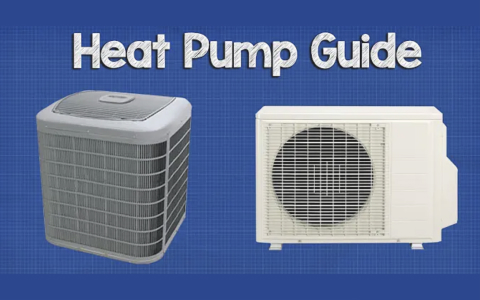
Video · The Engineering Mindset
Heat Pump Guide, how to select, compare and efficiency rating hvac
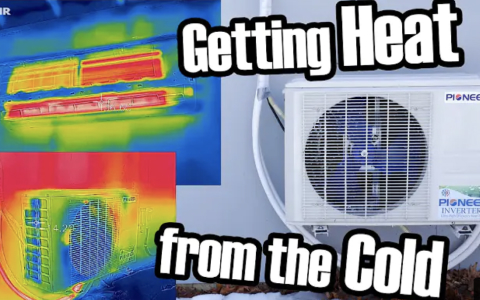
Video · Technology Connections
Heat Pumps: the Future of Home Heating
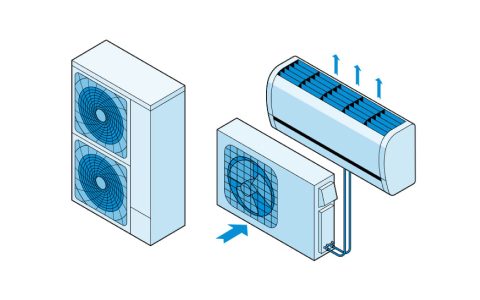
Guide · Consumer Reports
Heat Pump Buying Guide

